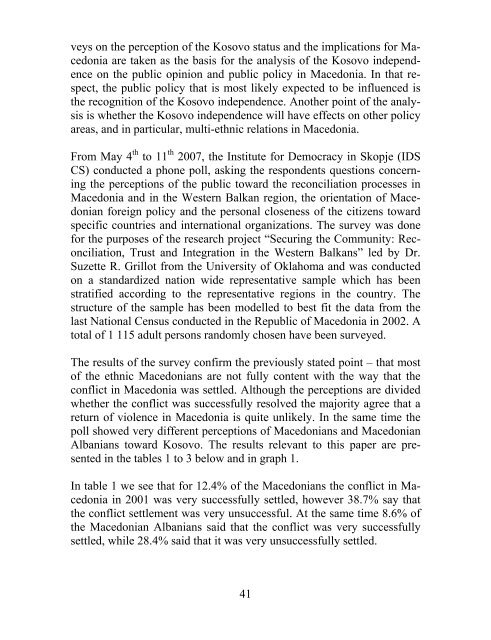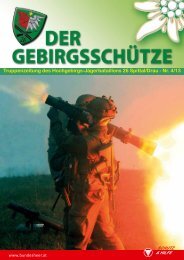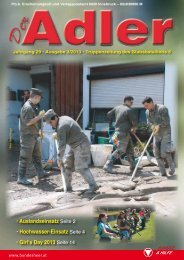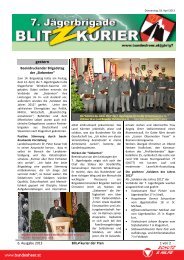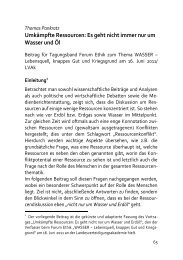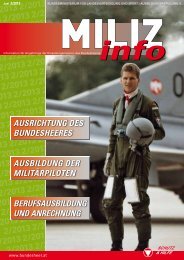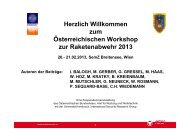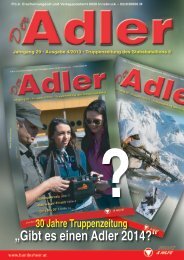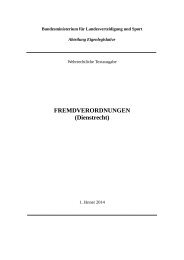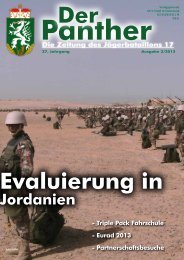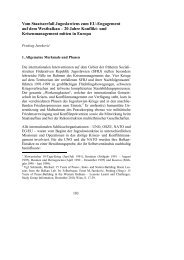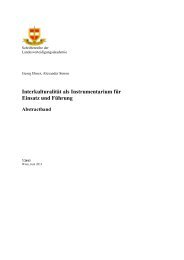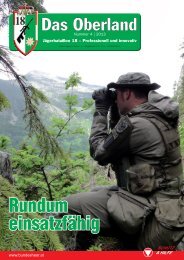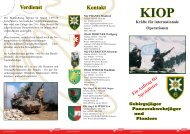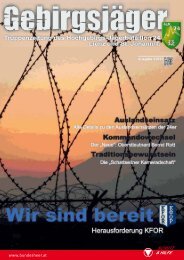Cutting or Tightening the Gordian Knot
Cutting or Tightening the Gordian Knot
Cutting or Tightening the Gordian Knot
Create successful ePaper yourself
Turn your PDF publications into a flip-book with our unique Google optimized e-Paper software.
veys on <strong>the</strong> perception of <strong>the</strong> Kosovo status and <strong>the</strong> implications f<strong>or</strong> Macedonia<br />
are taken as <strong>the</strong> basis f<strong>or</strong> <strong>the</strong> analysis of <strong>the</strong> Kosovo independence<br />
on <strong>the</strong> public opinion and public policy in Macedonia. In that respect,<br />
<strong>the</strong> public policy that is most likely expected to be influenced is<br />
<strong>the</strong> recognition of <strong>the</strong> Kosovo independence. Ano<strong>the</strong>r point of <strong>the</strong> analysis<br />
is whe<strong>the</strong>r <strong>the</strong> Kosovo independence will have effects on o<strong>the</strong>r policy<br />
areas, and in particular, multi-ethnic relations in Macedonia.<br />
From May 4 th to 11 th 2007, <strong>the</strong> Institute f<strong>or</strong> Democracy in Skopje (IDS<br />
CS) conducted a phone poll, asking <strong>the</strong> respondents questions concerning<br />
<strong>the</strong> perceptions of <strong>the</strong> public toward <strong>the</strong> reconciliation processes in<br />
Macedonia and in <strong>the</strong> Western Balkan region, <strong>the</strong> <strong>or</strong>ientation of Macedonian<br />
f<strong>or</strong>eign policy and <strong>the</strong> personal closeness of <strong>the</strong> citizens toward<br />
specific countries and international <strong>or</strong>ganizations. The survey was done<br />
f<strong>or</strong> <strong>the</strong> purposes of <strong>the</strong> research project “Securing <strong>the</strong> Community: Reconciliation,<br />
Trust and Integration in <strong>the</strong> Western Balkans” led by Dr.<br />
Suzette R. Grillot from <strong>the</strong> University of Oklahoma and was conducted<br />
on a standardized nation wide representative sample which has been<br />
stratified acc<strong>or</strong>ding to <strong>the</strong> representative regions in <strong>the</strong> country. The<br />
structure of <strong>the</strong> sample has been modelled to best fit <strong>the</strong> data from <strong>the</strong><br />
last National Census conducted in <strong>the</strong> Republic of Macedonia in 2002. A<br />
total of 1 115 adult persons randomly chosen have been surveyed.<br />
The results of <strong>the</strong> survey confirm <strong>the</strong> previously stated point – that most<br />
of <strong>the</strong> ethnic Macedonians are not fully content with <strong>the</strong> way that <strong>the</strong><br />
conflict in Macedonia was settled. Although <strong>the</strong> perceptions are divided<br />
whe<strong>the</strong>r <strong>the</strong> conflict was successfully resolved <strong>the</strong> maj<strong>or</strong>ity agree that a<br />
return of violence in Macedonia is quite unlikely. In <strong>the</strong> same time <strong>the</strong><br />
poll showed very different perceptions of Macedonians and Macedonian<br />
Albanians toward Kosovo. The results relevant to this paper are presented<br />
in <strong>the</strong> tables 1 to 3 below and in graph 1.<br />
In table 1 we see that f<strong>or</strong> 12.4% of <strong>the</strong> Macedonians <strong>the</strong> conflict in Macedonia<br />
in 2001 was very successfully settled, however 38.7% say that<br />
<strong>the</strong> conflict settlement was very unsuccessful. At <strong>the</strong> same time 8.6% of<br />
<strong>the</strong> Macedonian Albanians said that <strong>the</strong> conflict was very successfully<br />
settled, while 28.4% said that it was very unsuccessfully settled.<br />
41


